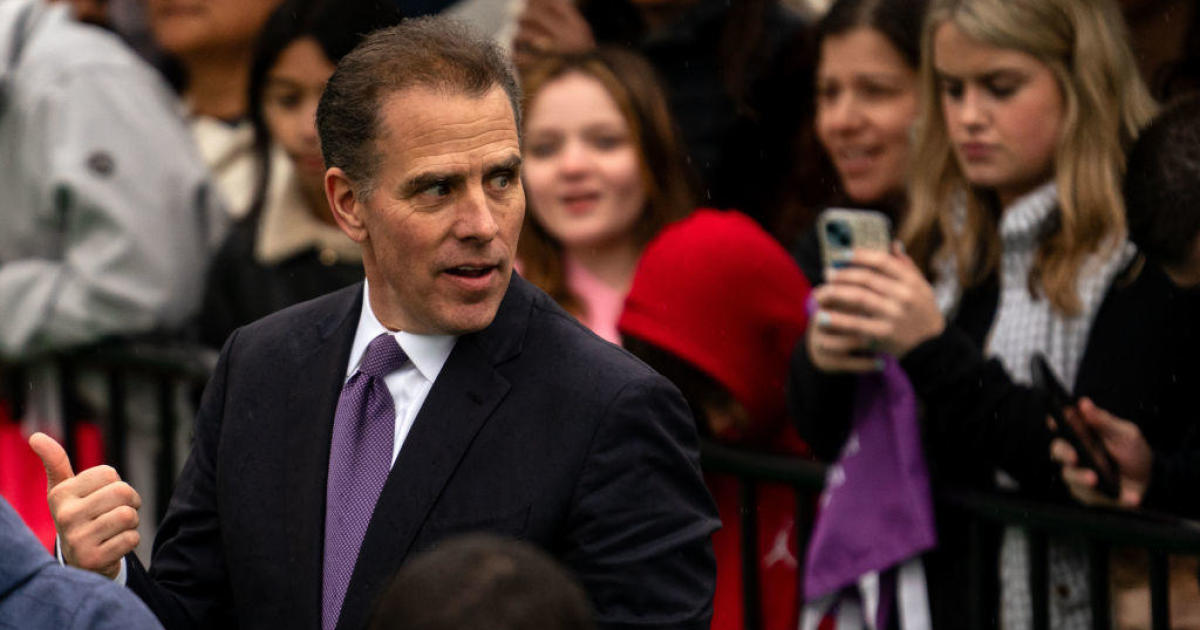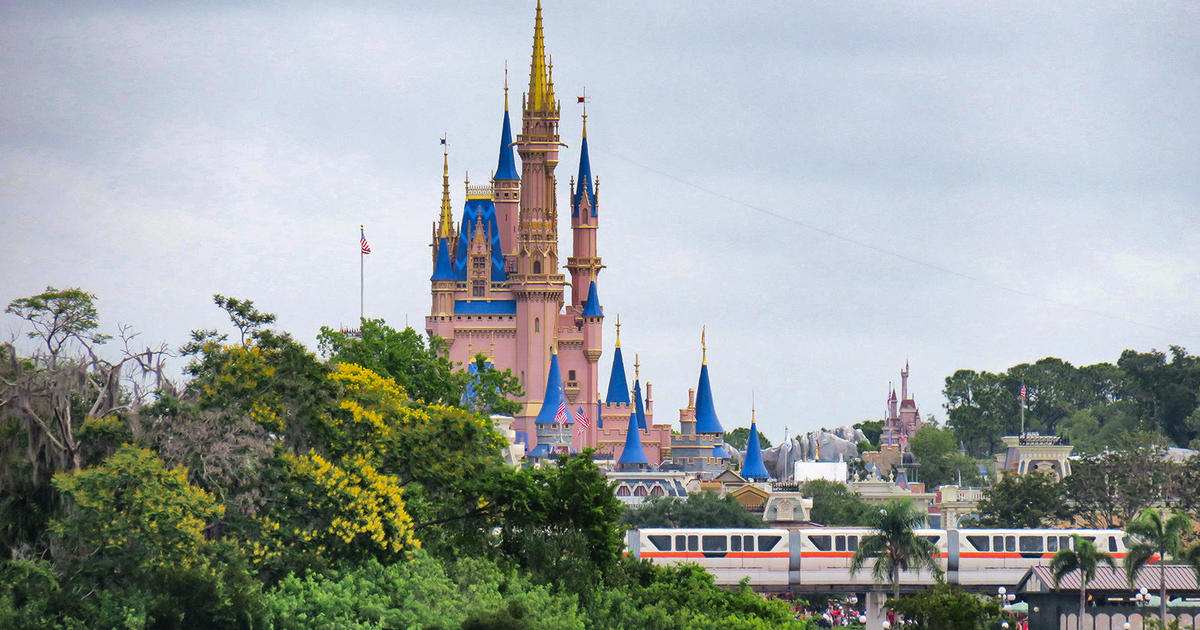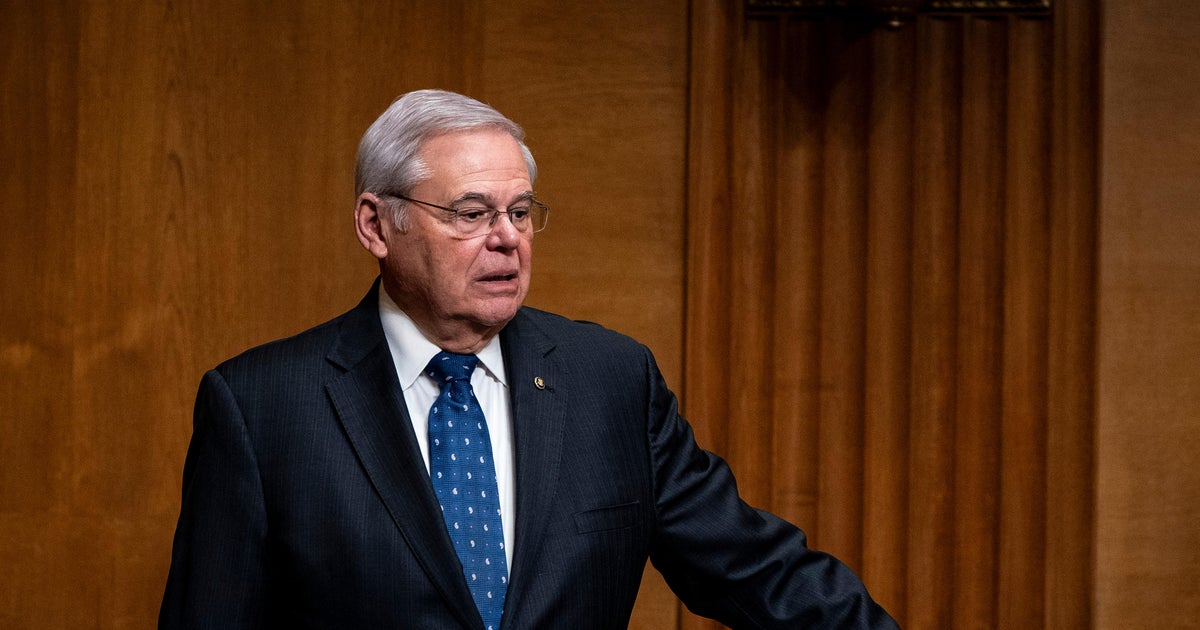Gun maker stocks benefit after mass shootings, right? Not anymore
- Over the weekend, two mass shootings in El Paso and Dayton left more than 30 dead.
- Shares of gun manufacturers initially rose on the news, but by mid-afternoon Monday were either flat or down.
- Without the fear of new regulations, manufactures are not seeing as many gun purchases in the wake of mass shootings.
Gun stocks in the past have, perhaps surprisingly, been some of the market's best performers in the wake of mass shootings.
Shares of Sturm Ruger, the largest publicly traded gun maker, rose nearly 10% in the days after the 2015 Orlando nightclub shooting left 49 dead and another 53 injured. Later that year, Sturm's shares rose more than 25% in the month following the mass shooting in San Bernardino, California. The nightmare shooting in an elementary school in Newtown, Connecticut, in 2012 did initially cause Sturm's stock to drop but it soon recovered and rose nearly 40%, to $58, over the next three months.
But that stock market protection from the toll that guns are taking on American society appears to be finally wearing off the gun manufacturers.
Shares of Sturm Ruger and fellow public gun makers American Outdoor Brands and Vista Outdoor were either flat or down on Monday after two separate mass shootings over the weekend in El Paso and Dayton left more than 30 dead and dozens more injured.
American Outdoor rose the most of the three, but was still only up $0.19 at midday, to $8.83, on Monday, and down 22% for the year. The stocks also slumped after both the Parkland school shooting as well as the one in a Pittsburgh synagogue last year. Shares of Sturm did rise after a gunman opened fire on a Las Vegas music festival in October 2017, but much less than in the past.
Of course, the gun stocks on Monday were still able to do better than much of the rest of the market, which fell dramatically on new trade war fears.
The reason appears to be regulation -- or the lack of it. Gun buyers in the past have rushed to purchase firearms in the wake of mass shootings for fear they would lead to new regulations, making it harder to buy guns. Investors in the shares have followed suit. American Outdoor Brands' CEO James Debney has described "fear-based buying" of future regulations as a major driver of profits, according to gun regulation advocate group Majority Action.
But in the age of President Donald Trump, both gun buyers and gun investors are losing their fear of future regulations. On Monday, Mr. Trump pledged to do more to stop mass shootings, but the President at least partially focused his talk on creating a cultural shift away from guns and the need for better mental health treatment, rather than enacting new laws.
The action of gun stocks on Monday suggests that investors are betting that despite the rhetoric, the President and other law makers will once again stop short of passing laws that put any new limits on gun ownership.
Gun buyers appear to be betting the same. There were 10 public mass shootings last year, in which a total of more than 100 people were killed, a big increase from past years. In 2019, there have been seven public mass shooting, which have left a total of nearly 70 people dead. Yet gun manufacturers don't seem to benefiting from any rush to purchase arms. Revenue at American Outdoor Brands, which is the former Smith & Wesson, has been up slightly recently, but was still down by a third in its most recent fiscal year from fiscal 2017. Sales at both Sturm Ruger and Vista are down as well.
What's more, promotional discounts meant to boost sales have failed, eroding the gun manufactures' bottom lines. American Outdoor Brands, for instance, made just $18 million in its most recent fiscal year, down from $128 million two years prior.
In the wake of the Parkland shooting, a number of anti-gun activists, including Parkland student David Hogg, called for large investment firms like Vanguard and BlackRock to divest their funds of the shares of gun makers. If not, Hogg said, investors should boycott the companies.
That hasn't happened. Funds run by BlackRock and Vanguard remain the largest owners of Sturm and others. And neither firm appears to have lost clients. But where anti-gun activists have failed, falling profits may finally have gotten investors to conclude gun stocks might just not be worth it.



